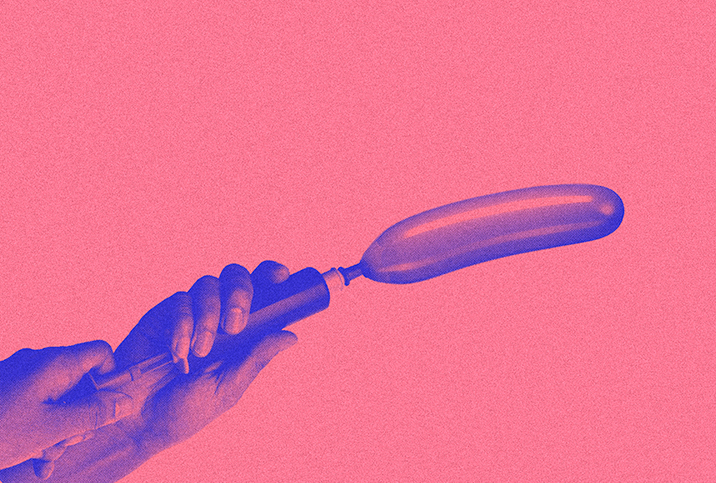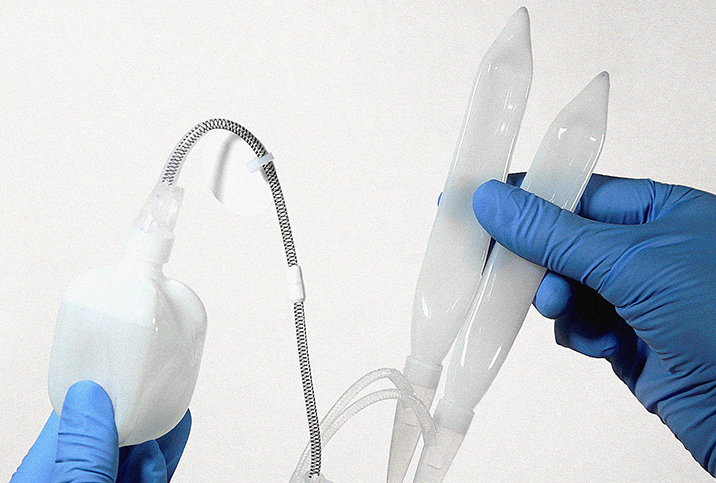What to Expect After Getting a Penile Implant

Penile implants are one of the most effective and satisfactory therapies available for erectile dysfunction (ED), according to the Asian Journal of Andrology. They're typically recommended for patients who still experience ED after trying multiple other treatment methods.
If you've elected to have a penile implant placed, knowing what to expect following your procedure can improve your experience and even the outcome.
What happens after penile implant surgery?
Most men can go home within 24 hours of surgery, given there are no serious complications. You may be advised to rest at home for one week before resuming normal activities, and to take over-the-counter pain medicines or prescription painkillers to minimize any pain and discomfort.
If you received an inflatable implant, your doctor may ask that you inflate your implant once or twice per day for four to six weeks to ensure it looks and functions as optimally as possible. Your doctor may also recommend lying down as often as you can and keeping your penis pointed upward toward your belly button to prevent it from curving downward as it continues to heal. Most men are able to resume sexual intercourse and other strenuous physical activities at four to six weeks following penile implant surgery.
Activities to avoid
Your doctor will likely advise against showering or bathing for the first 48 hours after surgery to reduce the risk of infection and to keep your incision dry. Stick to wearing inexpensive underwear, as fluids may leak out of your incision during the healing process. When bathing for the first time after getting your implant, try to use a mild, unscented soap to avoid irritating the wound.
Until your incision has fully healed, avoid wearing tight underwear and clothing as it may push your implant out of position. Also, don't lift objects that weigh more than 15 pounds or engage in strenuous physical activities. Some doctors may also suggest not driving for the first full week after surgery, given how driving may cause you to twist your body in ways that interfere with healing.
Changes after surgery
You will no doubt have questions and concerns about various aspects of life that may be impacted by your implant. Some of the answers may depend on which of the two primary types of implants you received, malleable or inflatable. A malleable implant is always firm, and one advantage is that they are generally less expensive. An inflatable implant requires squeezing a small pump (the size of a testicle) in the scrotum to move fluid from a reservoir to the implant. Once you've had a penile implant placed, you will never have a "natural" erection again; all of the erectile tissue is removed during the procedure.
Talk to your doctor for more complete and detailed reassurances, but in the meantime, here's some feedback that may calm your worries:
- Your penile implant will not be noticeable to anyone else because it is completely concealed within your body. Nobody will know you've received a penile implant unless you tell them.
- Erections you achieve after getting a penile implant will look and feel completely natural to both you and your partner. The purpose of the implant is simply to replace erectile tissue that no longer functions.
- There should be no pain associated with getting an erection after receiving a penile implant. If you experience any pain when getting an erection, notify your doctor as soon as possible.
- Most penile implants are made with mechanical parts that eventually need replacing. Penile implants can last anywhere from 10 to 20 years, after which revision surgery may be needed to replace the implant.
- Most men with penile implants can safely undergo an MRI (magnetic resonance imaging); however, you should still inform your doctor or the MRI technician that you have a penile implant before the procedure so they can confirm it is completely safe and risk-free.
- Most penile implants do not contain enough metal to set off metal detectors at places like airports, courthouses and sporting events. In the event you receive a penile implant with a high amount of metal, your doctor will give you an ID card that identifies you as a medical device patient.
Prior to penile implant surgery, your doctor will likely discuss what you can expect regarding downtime and recovery following your procedure. Contact your doctor right away if you have any questions or concerns about your penile implant, or if you are experiencing symptoms you think may be related to your surgery.


















